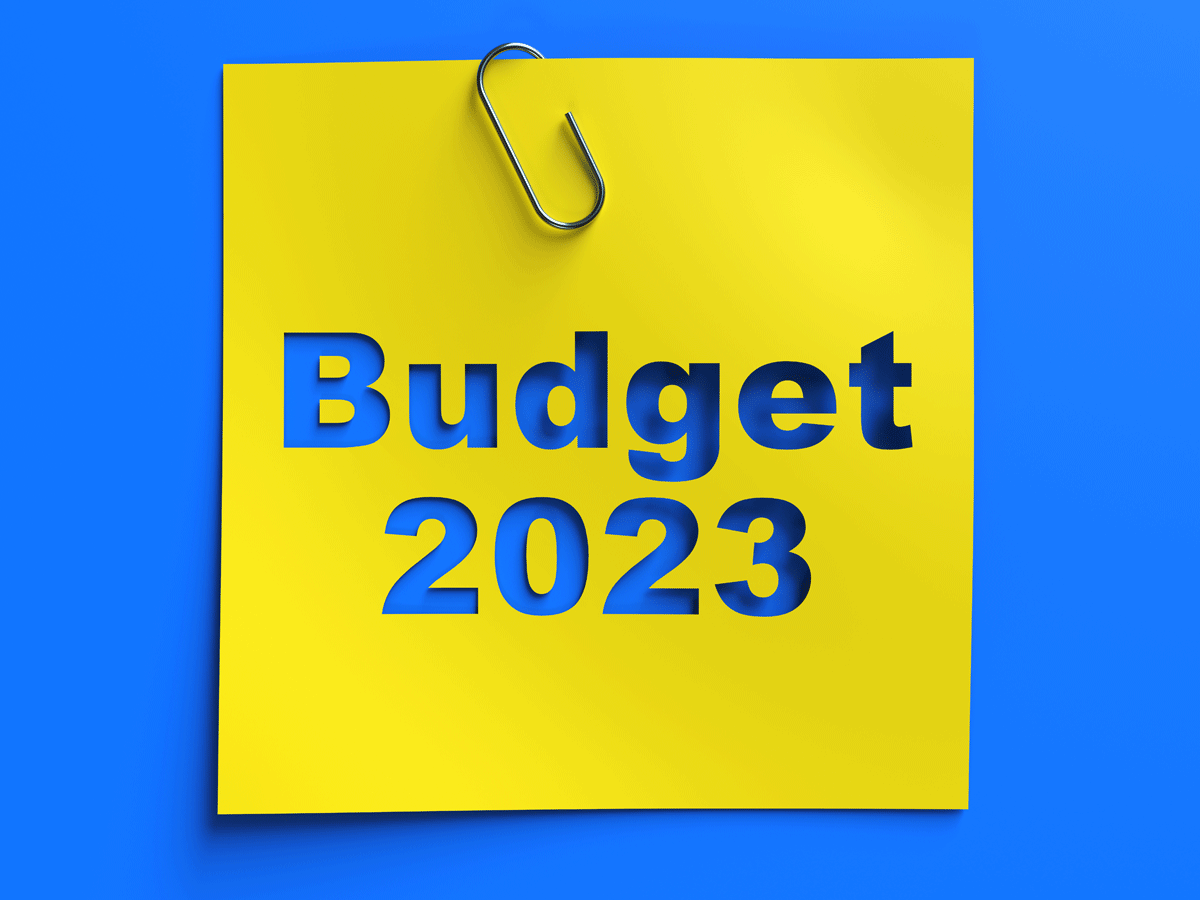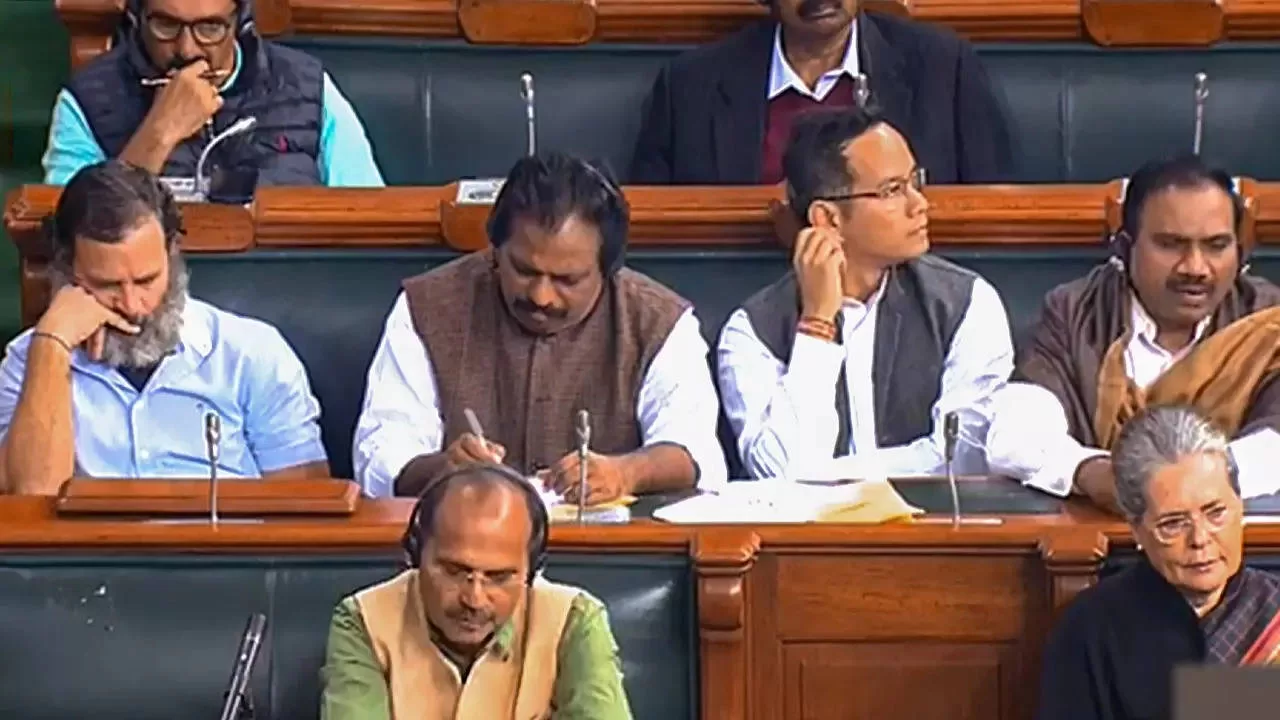According to a pre-Budget survey conducted jointly by Times of India and Deloitte India, rationalization of income-tax rates, simplified tax compliances and effective tax administration tops the list of expectations from Finance Minister Nirmala Sitharaman. At least 40 percent of those surveyed anticipate the government to reduce the tax rate and litigation. Additionally, the industry is expecting the simplification of the capital gains tax structure and removal of ambiguities in the interpretation of tax provisions.
If the government focuses on lowering taxes for India Inc, it would increase reporting and compliances thereby broadening the tax net, said Jimit Shah, Partner, Deloitte India. Additionally, lower taxes would also increase foreign investments into India and make the country an attractive jurisdiction for overseas investors.
Another 32 percent want the government to provide tax incentives and related benefits on upskilling manpower while 28 percent want ease of obtaining loan funds. The government can support the MSME sector by increasing lending to these businesses which can be achieved through various means such as creating dedicated lending programmes, providing guarantees or subsidies on loans, or expanding the availability of government-backed financing.
Also Read | Budget 2023 income tax: Top 7 expectations of common man explained in TOI-Deloitte survey
At least 22 percent expects the government to provide research and development incentives to sectors.
Shah believes the Union Budget must extend incentives such as investment allowance and accelerated depreciation for capital expenditure, timeline for eligibility to lower tax rate of 15 percent and benefits to Venture Capital funds and other investors to boost foreign investments and capital expenditure by manufacturing firms.
Meanwhile, India’s faceless assessment scheme is causing tethering issues to businesses as taxmen are increasingly denying them an opportunity for personal hearings. At least 42 percent of those surveyed believe the faceless assessment proceedings, which are conducted electronically in an e-proceeding facility through the assessee’s registered account in the designated portal, has not been effective because of limited opportunity provided to the tax payer to explain their position.
Faceless Assessment was launched in August 2020 by Finance Minister Nirmala Sitharaman to improve tax transparency and enhance trust between taxpayers and the administration but many corporates argue that aat times it is difficult to explain complex transactions and documents through online submission and attachments alone.
According to Shah, the Government should continue with faceless assessments with focus on improving the implementation and also provide the option for personal hearings for it to be more effective. Up until now, the opportunity of personal appearance through video conferencing has been sparingly used which is why a batch of petitions has been filed challenging the validity of Section 144B of the Income Tax Act which deals with the faceless assessment procedure.
Timely issuance of refunds, addressing the system issues of incorrect adjustment of refunds, fast tracking of appeals to achieve timely closure of disputes, reducing withholding tax related obligations and addressing uncertainties around recently introduced tax withholding and tax collection provisions of section 194R, 194Q and 206C are the basic expectations of India Inc and would also supplement Government’s objective of ease of doing business in India, said Deloitte’s Shah.
Should the government fix time limits for the closure of tax-related disputes?
Deloitte’s Shah feels this is extremely important as the entire process for assessment to Supreme Court typically takes about 15-20 years. “The concept of ruling authority should be implemented sooner to reduce the back log and provide an alternate and expeditious dispute resolution mechanism,” said Shah.
Reducing the need for reconciliations and minimizing system issues are other expectations of India Inc.
At least 14 percent said the central bank should have more control on all transactions thereby offering efficient and secure payments.
A whopping 70% of respondents said digitising the entire process of tax assessments has eased the process for taxpayers. They said that the reduced interface with the tax/appellate authorities has helped in reducing time to a great extent extent. Majority 55% believe the steps taken so far by the government for ease of compliances and litigation have helped corporate India but said that implementation is key while 26 percent said that it is now definitely easier to make tax filings and effectively manage litigation proceedings. According to Shah, system upgradation to avoid mismatch due to system issues can further ease the process of reconciliation in tax disputes. He also thinks the government must not only fix the time limits but also ensure adherence to the time limits for the closure of tax-related disputes. “This is extremely important as the entire process from assessment to Supreme Court typically takes more than 2 decades which makes the litigation process ineffective and rather, frustrating for the taxpayers. The Government should expedite implementing the mediation proposal to reduce the back log and provide an alternate and expeditious dispute resolution mechanism,” he said.
At least 53 percent of the respondents felt introduction of Central Bank Digital Currency (CBDC) will promote financial stability in the economy while 20 percent think the central bank will have more control on all transactions thereby offering efficient and secure payments. However, 19 percent cautioned that a digital currency will mean less privacy for users since the central bank to have record of all transactions while eight percent felt the role of commercial banks will reduce to an extent.
“Data protection and quick resolution to technical glitches are two important aspects for CBDC to have a more positive impact on the corporates. Overall framework of technology will be the key and this will require the Central Bank to shift its role to a tech enabled regulator,” said Shah. He believes state of the art technology coupled with appropriate architecture can allay privacy concerns with the introduction of Central Bank Digital Currency.






